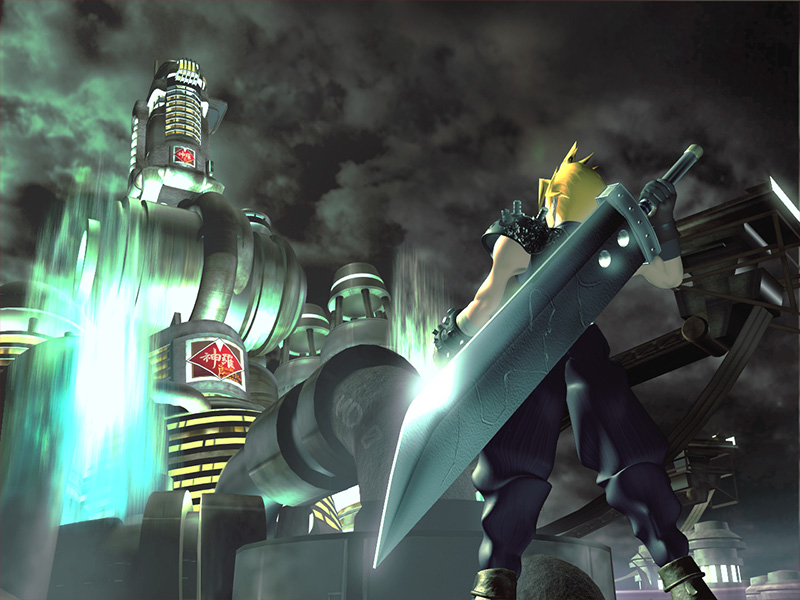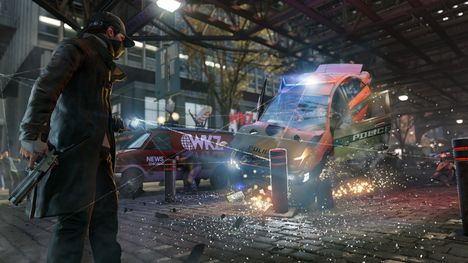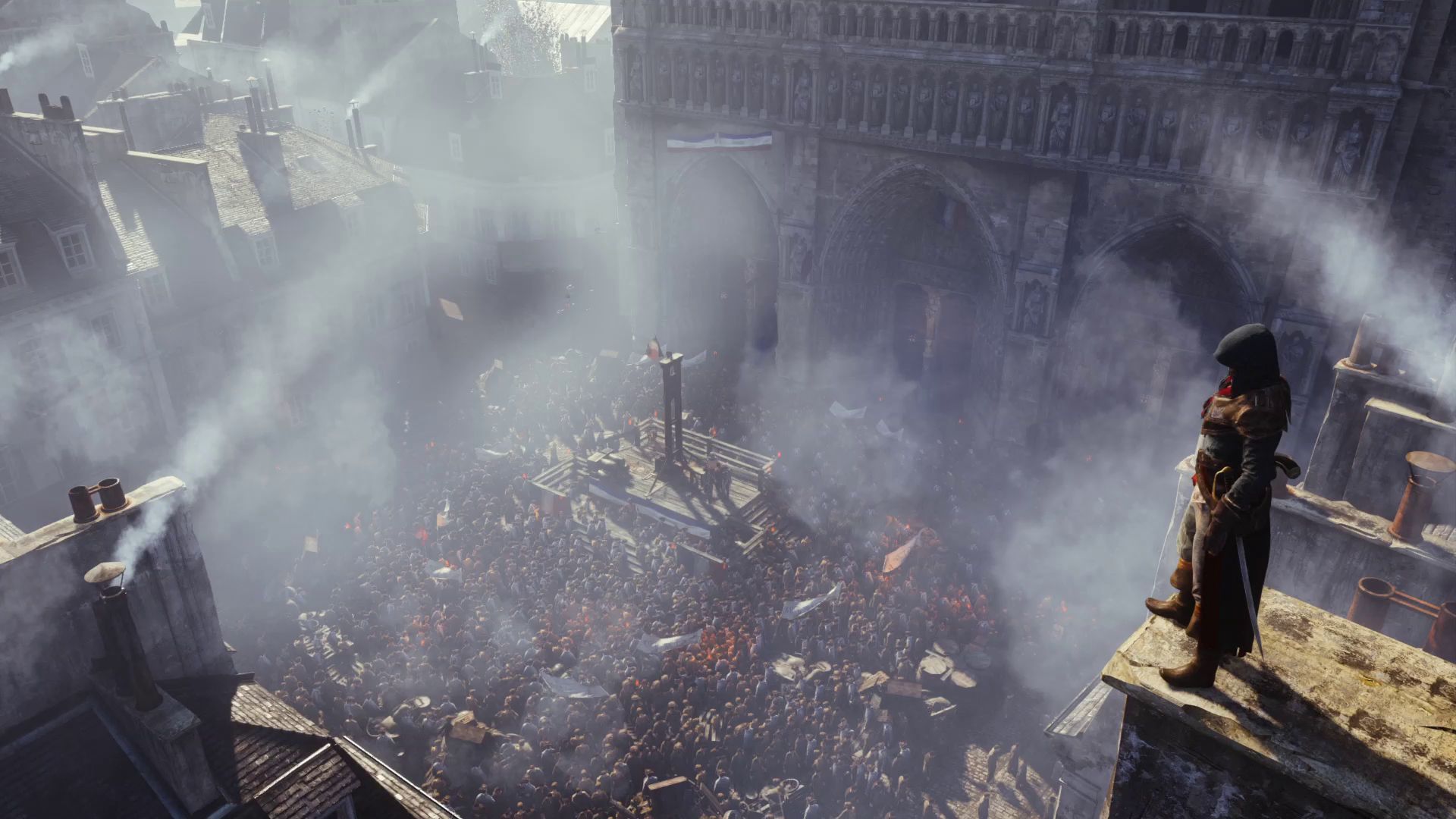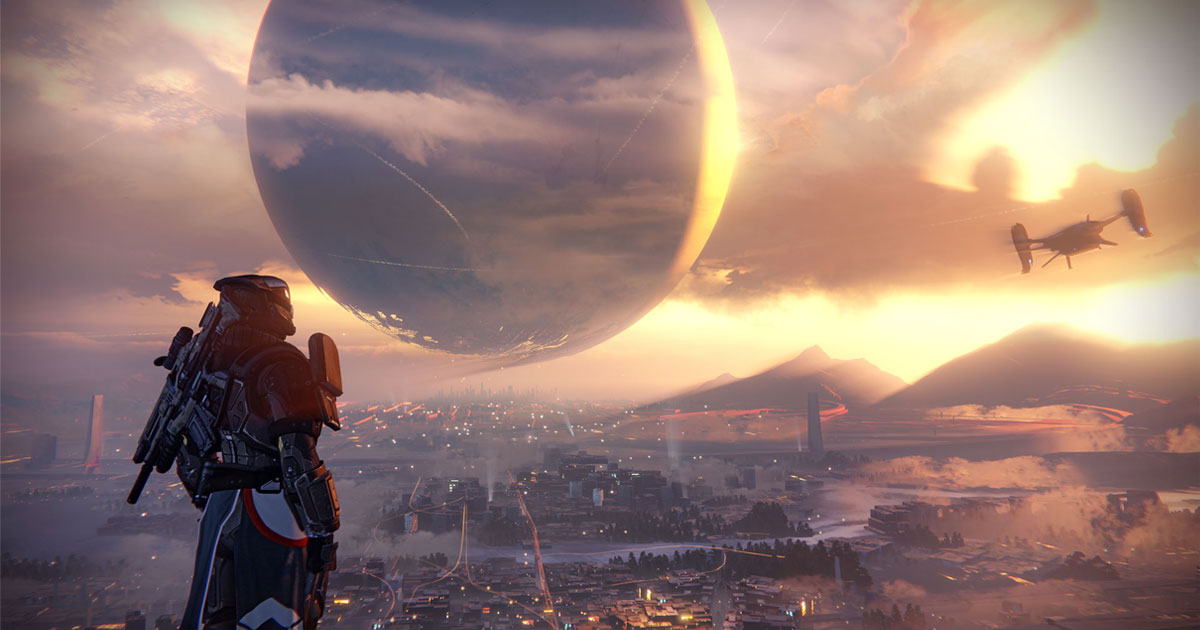Will Nintendo's third-party situation get any better?
Nintendo’s struggle with garnering strong third-party support on their consoles stretches back to over two decades ago.

The Nintendo 64 suffered from expensive manufacturing costs for game cartridges as opposed to the much cheaper, CD-based alternative of the Sony PlayStation. The GameCube tried its best to stay competitive, but the market share lost during the Nintendo 64 era could not be reclaimed, and the GameCube’s relatively low game sales caused many third-party developers to abandon the system in favor of its competitors. Nintendo seemed to have hit somewhat of a stride in the early days of the Wii, but the console’s underpowered hardware and “gimmicky” motion controls caused software support for that console to dwindle after its initial years on the market.
The Wii U currently has its own set of problems that I believe are more complicated than they seem, and I have written about it on numerous occasions in the past. In 2012, I was optimistic about third party support for the Wii U for a number of reasons, including Nintendo’s willingness to work with other developers on exclusive content and their desire to foster a thriving indie landscape on the eShop. For the most part, these things have held true, but they were clearly not enough to get most third-party publishers on board with the console. In 2013, I wrote another blog post detailing my grievances towards Ubisoft delaying Rayman Legends. It seemed at the time that Nintendo was losing their grip on an initially strong third-party launch window due to the sluggish sales of the Wii U. By 2014, it was clear that things would not get much better for Nintendo this generation, but Nintendo seemed to be doing the best they could given their situation.
Now the question arises: will it ever get better? And when I ask that question, I do not mean in terms of the Wii U, but rather in terms of several decades from now.

I know it may seem like a depressing question to ask, and even more so when you realize that it could not really get much worse. Virtually all third parties have abandoned Nintendo and the Wii U, save for a few unique collaborations between the Big N and other development companies. Before I go on, however, I would like to state that Nintendo, as a company, is doing decently well financially; you could make the argument that Nintendo does not need third party support to stay in business. But there is a difference between staying in business and running a successful company; a healthy business grows, and if Nintendo hopes to stay relevant for the next 50 years, they are going to have to make some drastic changes to fix this third-party problem.
Since my last blog post on this subject, several things have transpired. We finally saw the release of what might be the last big AAA third-party game to hit Wii U, Watch Dogs, after numerous delays (and, surprise, it was met with abysmal sales). The PlayStation 4 and Xbox One have hit their strides and have outsold Nintendo’s home console in life-to-date hardware numbers. Nintendo released arguably two of their biggest evergreen titles for the Wii U, Mario Kart 8 and Super Smash Brothers, as well as their line of Amiibo figurines. Yet, sales for the console have been modest at best, and failed to propel into the success that Nintendo had hoped.
So what’s the deal? Why, after trying so hard, has the Wii U failed to capture the hearts of other developers? The short answer is third-party sales; third party games just do not sell well on Nintendo consoles. The long answer is much more complicated. Whether or not you believe Nintendo is at fault here is up to you, but that is not what this blog post is about. This blog post is about looking ahead. What can Nintendo do next generation in order to make third-party relations better?

Hardware power is one thing. The Wii U is significantly weaker than its contemporaries, and that has in turn hurt Nintendo’s chances of getting a significant portion of AAA titles onto the Wii U. Graphics are not everything, but for a lot of games, they are a major selling point. Unlike in the past, today’s games are more focused on spectacle and scale than ever before. Assassin’s Creed Unity, for example, looks gorgeous, and regardless of your opinion towards the game, having an Assassin’s Creed game like that on your console is a big deal. Sports games in particular need as much power as they can get in order to push their physics engines to their limits, which means scaling to the Wii U is nearly impossible without making some substantial sacrifices (which is why NBA 2K6 on PlayStation 2 looks so much better than NBA 2K13 on Wii).
But power can only get you so far. The GameCube proved that superior hardware (or even hardware parity) does not necessarily mean third parties will flock to your console. One reason why the GameCube failed in that respect was due to low game sales on the console (note not consoles sales), or rather the ungodly high game sales on the PlayStation 2, despite a very strong first-party line-up on the former. The Wii U is in a similar situation; most third party games, with a few exceptions, sell like hotcakes on PlayStation 4 and Xbox One while selling abysmally on Wii U. Simply put, third party games just do not sell well on Nintendo consoles, as I have established multiple times in the past.
It is for this reason that I have come to the saddening conclusion that things may never get better, at least so long as PlayStation and Xbox continue to exist. Nintendo’s problem is not so much that they fail to court third parties, but rather that they fail to convince them to stay with them rather than with their competitors. Every console generation, the same things happen: Nintendo launches new hardware with decent third-party support, only to have it completely dissipate shortly thereafter. Sometimes, that dissipation takes a few months, maybe even a year or two; in the case of the Wii U, it only took a matter of months.

My point is, even if Nintendo does everything right—even if their hardware is on par with their competitors (as was the case with GameCube), their marketing strategy works, and people buy their console like madmen (as was the case with Wii)—third party support will continue to be as pathetic as it is now. Nintendo gamers simply do not buy enough third party games to warrant making them. Regardless of what you think the cause is, it seems to me that this is a reality we have to live with. And as pessimistic as it may sound, I really do not see it getting any better, butI hope by 2065 that I will be proven wrong.
As an aside, the Nintendo 3DS seems to be doing well for itself mainly because its main competitor is not really trying. Still, it has its own set of third-party problems, though much of it has to do with the general attitude towards handheld gaming. Anyway, that is a blog for another day, given that I have the time to write it…
But that’s just one man’s opinion. What about you guys? Do you foresee the third-party situation getting better over time? Discuss in the comments below!
